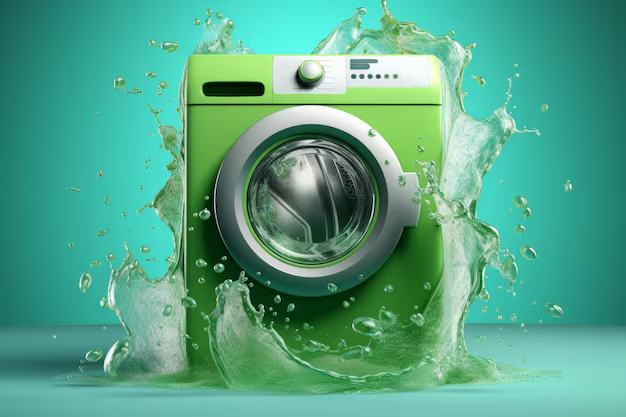In recent years, there’s been a growing awareness of the environmental impact of our everyday actions. One area where small changes can make a big difference is in our laundry routine. Here’s how you can transform your laundry habits to be more eco-friendly.
1. Choose Eco-Friendly Detergents
Conventional laundry detergents often contain harmful chemicals that can pollute waterways and harm aquatic life. Opt for biodegradable, plant-based detergents free of phosphates, sulfates, and synthetic fragrances. Brands like Seventh Generation, Ecover, and Mrs. Meyer’s offer excellent eco-friendly options.
2. Wash with Cold Water
Most of the energy used in washing clothes goes towards heating the water. By switching to cold water, you can significantly reduce your energy consumption. Modern detergents are formulated to work just as effectively in cold water, ensuring your clothes come out clean and fresh.
3. Reduce Microfiber Pollution
Synthetic fabrics release tiny plastic fibers known as microfibers during washing. These can end up in our oceans, harming marine life. Use a microfiber filter bag, like the Guppyfriend, or install a microfiber filter in your washing machine to capture these particles.
4. Opt for Full Loads
Running your washing machine with full loads maximizes the efficiency of water and energy use. If you must run a smaller load, adjust the water settings accordingly to avoid waste.
5. Line Dry When Possible
Dryers consume a significant amount of energy. Whenever possible, air dry your clothes by hanging them on a line or drying rack. Not only does this save energy, but it also extends the life of your clothes by reducing wear and tear from the dryer.
6. Upgrade to Energy-Efficient Appliances
If you’re in the market for a new washing machine or dryer, look for models with the ENERGY STAR label. These appliances meet strict energy efficiency guidelines and can significantly reduce your household’s carbon footprint.
7. Use Eco-Friendly Fabric Softeners
Traditional fabric softeners and dryer sheets can contain chemicals that are harmful to the environment. Opt for natural alternatives like wool dryer balls, which can reduce drying time and soften clothes naturally.
8. DIY Stain Removers
Instead of relying on chemical-laden stain removers, try DIY solutions using common household items. Baking soda, vinegar, and lemon juice can effectively tackle many stains without harming the environment.
By incorporating these eco-friendly practices into your laundry routine, you can help reduce your environmental impact and contribute to a healthier planet. Small changes in our daily habits can lead to significant benefits for the environment.


